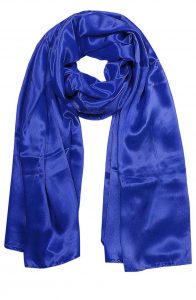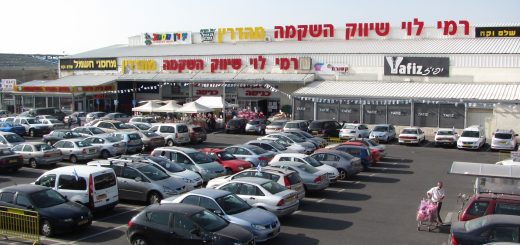Korach – Democracy and Its Discontents

Few contrasts in the Torah are as stark as the one between Moshe Rabbeinu and Korach. The latter is propelled by jealousy, a blinding sense of self (and self-entitlement). And, like populists who followed, he used the masses to foster his personal goal.
Moshe is the opposite, “the most humble of all men” (Bamidbar 12:3), and aspired to no leadership position; he had to be drafted. He serves the masses, stands up for them with his very existence – mecheini na, “erase me from Your book” if You won’t forgive them for the sin of the egel, he pleads with Hashem (Shemos 32:32).
And so he is puzzled by Korach’s rebellion. “I didn’t take even one donkey from them. I caused them no harm? (Bamidbar 16:15)” (Rashi sees the statements as expressions of pain.)
To Moshe, leadership is a mission; to Korach, it’s a perk. Like all populist politicians, he claims, “I’m working for YOU” – while Moshe speaks of leaders being picked by Hashem.
Rav Yosheh Ber Soloveitchik notes that Korach invokes “democracy” to push his agenda. Which, Rav Soloveitchik and others note, inheres in Korach’s “arguments.” Why should there be a need for a single strand of techeles if a garment is made entirely of techeles? Why should only two small parshios in a mezuzah be necessary for a house filled with holy books? Why, in other words, should Moshe and Aharon be set apart from everyone else? – The entire nation is holy! (Bamidbar 16:3),
Today, too, there are truly selfless and dedicated leaders of Klal Yisroel – and their detractors.
And some of the contemporary disparagers are “observant.” The religiosity of Moshe’s detractors saved Ohn ben Peles’ life. His wife, wise woman that she was, got him intoxicated enough to take a long nap when he was to be summoned to be part of the mob. Then she sat out front of their tent with her hair uncovered. When the plotters, who she knew were “holy people,” approached the Ben Peles home to fetch Ohn, they turned on their “frum” heels.
Today, too, people who claim to uphold the Torah choose to portray Gedolim negatively. When we read the words that one “should not be like Korach and his eidah” (Bamidbar 17:5), we are being exhorted to reject them.
© 2024 Rabbi Avi Shafran
My most recent Ami column, “Foodless in Gaza?”, can be read here.



Recent Comments